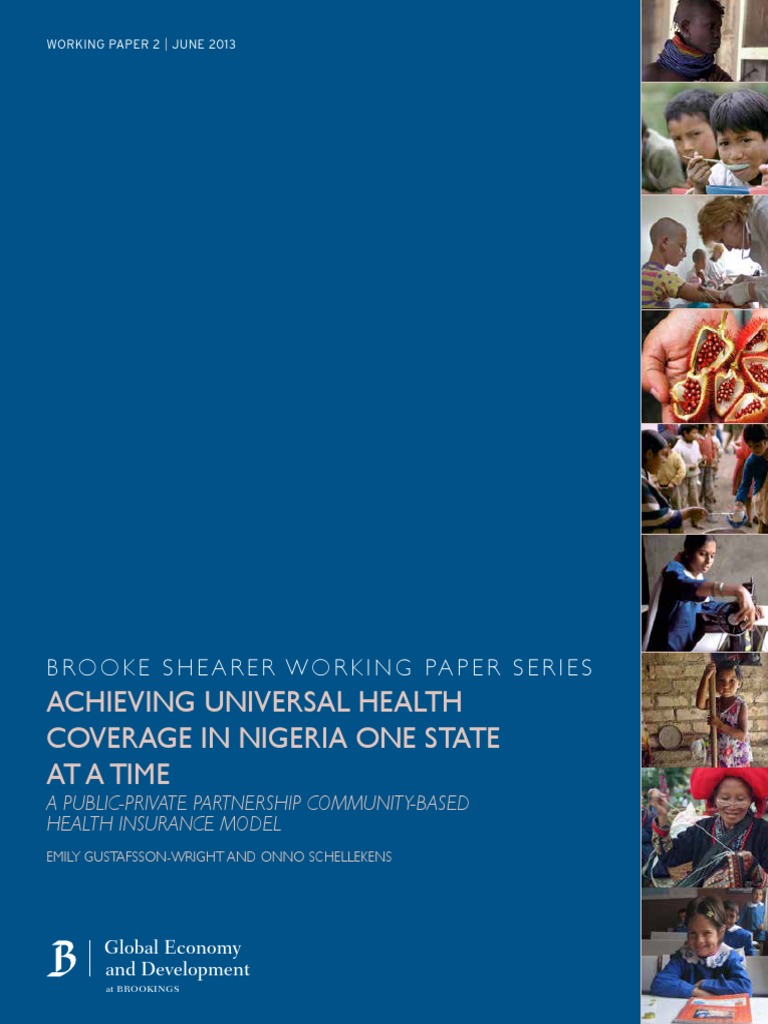Challenges in Achieving Universal Health Coverage
The management of the Bayelsa State Health Insurance Scheme (BHIS) has expressed concerns about Nigeria’s inability to regulate pharmaceutical companies and technology, highlighting that any nation lacking control over these sectors cannot achieve universal health coverage. This issue has become increasingly pressing as patients and BHIS enrollees have reported drug shortages in hospitals across the state.
During interactions with members of the Federated Correspondents’ Chapel (FCC) of the Nigeria Union of Journalists (NUJ) Bayelsa State Council, Dr. Zuoboemi Agadah, the Executive Secretary of BHIS, emphasized that countries achieving universal health coverage typically maintain control over their inflation rates. He explained that such achievements are challenging in an economy experiencing rapid inflation, which is currently the case in Nigeria.
Dr. Agadah pointed out that while inflation remains high, the deductions from contributors have not changed since 2017. He acknowledged the difficulties posed by inflation, pharmaceutical costs, and technological challenges but assured that the scheme continues to provide consistent services. “We face high inflation and rising drug prices, but we cannot ask people to contribute more. Hospitals tell us that the amounts we pay are no longer sufficient,” he said.
He provided examples of drug price increases, noting that a medication like Augmentin cost less than N1000 in 2017 but now exceeds N25,000, with some vendors selling it for up to N30,000. “No government can manage this type of situation,” he added.
To address these challenges, BHIS is planning to establish a Central Drugs Distribution system and a drugs management organization. This initiative aims to source drugs directly from manufacturers or major distribution centers, ensuring lower costs and quality assurance. “If we achieve this, all our hospitals will be able to access drugs in the state,” Dr. Agadah explained.
Despite these efforts, the scheme still faces financial constraints. Currently, BHIS has over 200,000 enrollees, with more than 100,000 being civil servants. The remaining enrollees come from the informal sector. Civil servants contribute 2% of their salaries, while informal sector members pay N2000 monthly, totaling N24,000 annually. “When you join BHIS, we do not consider your status or financial condition. Everyone receives equal benefits,” he stated.
The scheme has also expanded its network, with 203 accredited hospitals, including 97 hospitals and 106 health centers across the state. These facilities play a crucial role in delivering healthcare services to the community.
As BHIS continues to navigate the complexities of rising costs and limited resources, its focus remains on improving access to affordable and quality healthcare. The proposed central distribution system represents a significant step toward addressing the challenges faced by both the scheme and the communities it serves.







